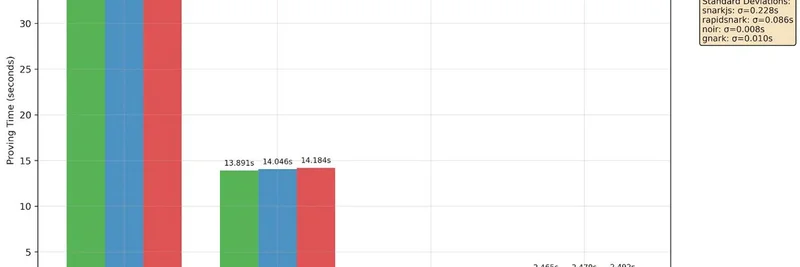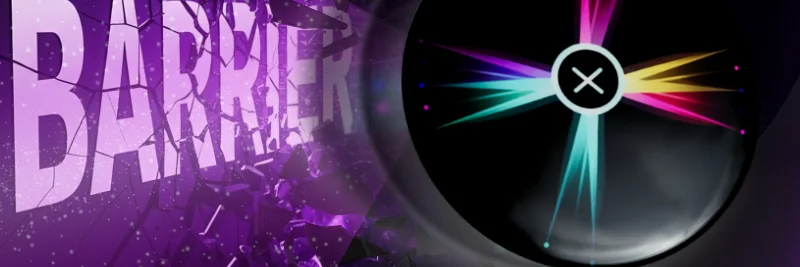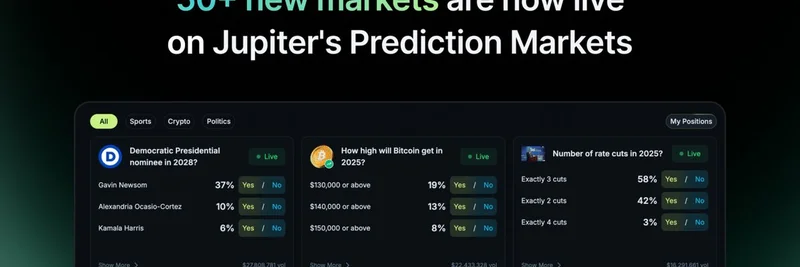Hey there, blockchain enthusiasts! If you're deep into the world of meme tokens and onchain tech, you've probably heard about Base, the Ethereum Layer 2 that's become a hotspot for viral memes and innovative projects. Recently, the Base team dropped some exciting insights via a thread on X (formerly Twitter), highlighting their work on zero-knowledge proofs (ZKPs) to boost privacy for smart wallets using passkeys. Let's break it down in simple terms and see why this matters for the meme token scene.
The thread kicked off with Lukas from the Base engineering team sharing benchmarks they've run on popular ZKP frameworks. ZKPs, for those new to the term, are cryptographic magic that lets you prove something is true without revealing the underlying details—like showing you have enough funds for a trade without exposing your entire wallet balance. This is huge for privacy in blockchain, especially in a space like meme tokens where anonymity can protect against front-running or doxxing.
They focused on verifying passkey signatures in a zero-knowledge way. Passkeys are those secure, biometric-based logins you see on apps like Google or Apple—think Face ID or fingerprint unlocks. In the context of smart wallets on Base, this means you could authenticate transactions privately, opening doors to things like anonymous meme token launches, private DAO votes, or even stealth payments without broadcasting your every move onchain.
The team dove into four top ZKP systems: SnarkJS (a JavaScript-based tool great for browser use), Rapidsnark (its faster C++ cousin), Gnark (a Go-language framework emphasizing security), and Noir (a Rust-powered option that's super efficient for complex ops). They tested how these perform in generating proofs for passkey signatures, which involves some tricky math due to curve mismatches in cryptography (basically, making sure the passkey's elliptic curve plays nice with ZKP standards).
As you can see in the chart from the thread, the results are eye-opening. On high-end hardware like an AWS c7i.8xlarge instance, Noir crushed it with proving times around 1-2 seconds, while the others lagged at 14-39 seconds. Noir was 5-50 times faster overall, thanks to its optimized "blackbox" features for handling elliptic curve operations. However, there's a trade-off: Noir's proofs cost more gas to verify on the Ethereum Virtual Machine (EVM)—about 2.4 million gas versus 350k-400k for the others. So, if you're building something where speed on the client side (like in a mobile wallet) is key, Noir might be your go-to. For gas-sensitive onchain apps, stick with Gnark or Rapidsnark.
They ran these tests on various AWS setups, from budget ARM instances to beefy Intel ones, and shared that memory issues popped up for some frameworks on lighter hardware. The full deets, including code and raw data, are open-sourced on GitHub. For a deeper read, check out the comprehensive blog post on Base's developer blog.
Why should meme token creators and traders care? Base has exploded with meme activity, from viral coins to community-driven projects. Enhanced privacy through ZKPs could mean safer, more discreet trading—imagine buying into the next big meme without tipping off whales or bots. It also paves the way for privacy-preserving features in meme-related dApps, like anonymous airdrops or shielded liquidity pools. As Base continues to build, this tech could make the platform even more attractive for the next wave of meme insanity.
The thread sparked some buzz in replies, with folks praising Noir's speed and discussing how this fits into broader onchain privacy trends. If you're tinkering with Base or eyeing meme token opportunities, keeping tabs on these developments is a smart move. What do you think—will ZKP-powered privacy change the game for memes? Drop your thoughts in the comments!




